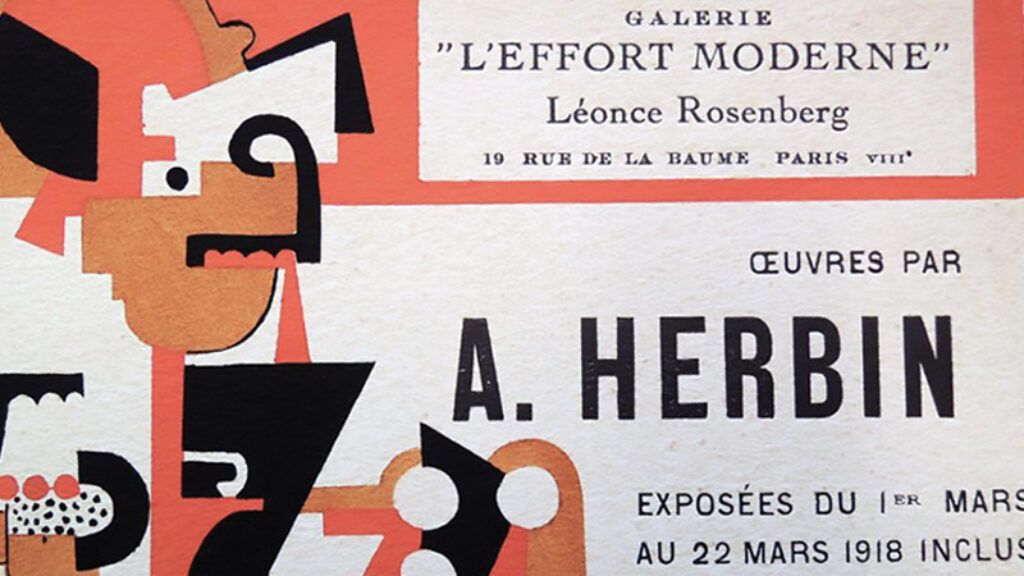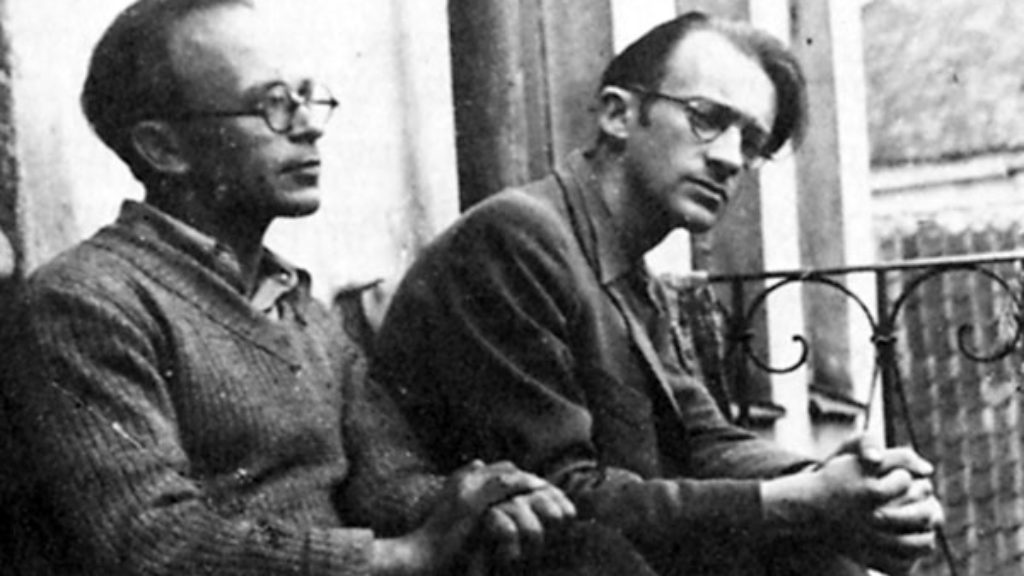A Very Jewish Encounter
A couple of months ago, I picked up a copy of Rebecca Goldstein’s Betraying Spinoza: The Renegade Jew Who Gave Us Modernity at Half Price Books. Goldstein, a novelist with a doctorate in philosophy from Princeton, published the book in Nextbook’s Jewish Encounters series a decade ago, but I hadn’t gotten around to reading it. This copy—a hardback with a fresh, clean jacket—looked almost new, so I bought it for $6.99.
When I got home, I discovered that the book definitely wasn’t new. In fact, its previous owner was one of the most intense and engaged readers I have ever come across in decades of reading intense, engaged Jews reading and writing about one another. The Reader’s encounter of Goldstein’s “Jewish encounter” with Spinoza looks more like a street brawl playing across the 306 pages of the book. The text is full of underlining, circled words or phrases, arrows, careful cross references, and copious comments in Yiddish, English, Spanish, and Hebrew. Among the Yiddish notes (which are in the majority), many are simple translations, but others are substantive, and, more often than not, argumentative. It’s what my students at Ohio State might call an “extreme reading.”
The Reader begins at the beginning: On the title page, he—it is hard, though not impossible, for me not to imagine this person as an old Jewish man—comments (in Yiddish), “She calls it thus [Betraying Spinoza] in order to make it seem that he was actually a Jew!” And we are off—or rather back to an old question: Was Spinoza “betrayed” by his community when he was excommunicated, as Goldstein sees the matter (see page 47, as the Reader helpfully notes), or did he simply remove himself from Judaism?
The comments engage Goldstein’s book at every level. An interpretive argument here is “A patchwork!” A remark there is scored as a “digression.” When Goldstein quotes secretary of the Royal Society Henry Oldenburg’s famous letter asking Spinoza what he thinks of Shabbtai Zevi, and remarking that if he turns out to be the Messiah it “is likely to bring about a world crisis,” the Reader responds (in English): “no sh——t!”
On the other hand, when Goldstein writes that, “What Spinoza has to say about the importance of allowing the discovery of nature to proceed unimpeded by religious dogma could not speak more pertinently to some of the raging controversies of our day, including the recurring public debate in America over Darwin’s theory of evolution,” the Reader places five lines on each side of the sentence, in evident approval. When Goldstein comments that it is no surprise that the Portuguese Jewish community of Amsterdam, with its own Jewish identity problems, “should have produced a thinker who still, to this day, confounds us on this very issue,” the Reader remarks, in Spanish, “Exactly.” Although he (or she) is clearly not a philosopher or intellectual historian, his comments are often philosophically acute. Thus, with regard to Spinoza’s conflation of conceptual, descriptive, and normative truths, he writes on page 48, “This is what made him a revolutionary.”
Who is this Reader? There is an occasional comment which might give a clue. When Goldstein discusses the Jewish poor of Amsterdam and the community’s imperative to keep them out of the public eye, the Reader comments (in Yiddish), “That’s what they used to do in Austria.” I imagine a survivor who left Europe for Latin America and eventually ended up somewhere in Ohio.
In a famous speech given at the Hebrew University in 1927, Professor Joseph Klausner proclaimed:
To Spinoza the Jew, it is declared two-hundred-fifty years after his death, from the heights of Mount Scopus, from our Temple-in-miniature (mikdash-ha-me’at)—the Hebrew University in Jerusalem:
. . . The herem (ban) is nullified! The sin of Judaism against you is removed and your offense against her atoned for! Our brother are you, our brother are you, our brother are you! (Ahinu ata, ahinu ata, ahinu ata!)
Although Spinoza’s death in 1677 was greeted mostly with indifference by the Jewish world, even in the Netherlands, within a century he had become an obsession, the most dangerous proponent of what the historian Jonathan Israel calls “the radical Enlightenment.” By the 19th century, he was a hero, albeit a still dangerous one, whose criticism undermined the historical veracity of the Bible and the authority of religious institutions. Spinoza the image, even more than Spinoza the man, has been at the epicenter of Jewish identity confusion ever since. Thus, in the very act of rhetorically welcoming Spinoza back into the (modern) Jewish fold, Joseph Klausner described the secular Hebrew University as a temple and, as Daniel Schwartz points out in his fascinating book on the reception of Spinoza, The First Modern Jew: Spinoza and the History of an Image, made his pronouncements in the style of a Jewish religious court, a beit din! Why this odd commingling of tradition and modernity? And, for God’s sake (as it were), why not simply leave Spinoza alone?
Spinoza himself, of course, for all that he attempted to exclude his own identity from his anonymously published writings, could not leave Judaism alone either. His Theological-Political Treatise could have been written by no one except a prodigy of the Amsterdam Portuguese Jewish community. The book’s sweeping indictment of institutional religious power was launched from within lived Judaism. Why could Spinoza not simply leave Judaism behind him? Why did he come back to it so compulsively?
Despite all of the great scholarship on Spinoza, especially the work of Steven Nadler over the last two decades, this biographical question is probably unanswerable. But perhaps it is not unrelated to the extraordinary fascination that Spinoza has held for Jews like Klausner, Goldstein, and, for all his (or her) animosity, Goldstein’s anonymous Reader, over the last two centuries or so. To use a famous term of Spinoza’s, the Dutch philosopher and the modern Jew seem to gaze at each other sub specie aeternitatis.
When Rebecca Goldstein suggests that Spinoza might not have been considered great “if he hadn’t betrayed Yiddishkeit,” our Reader writes “oy vey!” After all, none of us can really live without emotion under the aspect of eternity.
Suggested Reading
Golden Apples
Meet Hyam Plutzik, the poet who wrote a major work—and then disappeared.

The Art of the Dealer
"What would have happened to us," Picasso wondered, " if Kahnweiler had not had a business sense?"

Not Just Hummus
Exploring Israel's culinary culture with two new, very different books about cooking. Jerusalem expats Yotam Ottolenghi and Sami Tamimi have put out a cookbook with remarkable fusions and creations inspired by the holy city, while Abbie Rosner explores the biblical cuisine of the Galilee.

A Book and a Sword in the Vilna Ghetto
If the destruction of Jewish culture and Jewish life were intertwined, then the reverse was also true: The rescue of books, manuscripts, Torahs, and so on was almost as much a form of resistance as the preservation of life itself.

Comments
You must log in to comment Log In